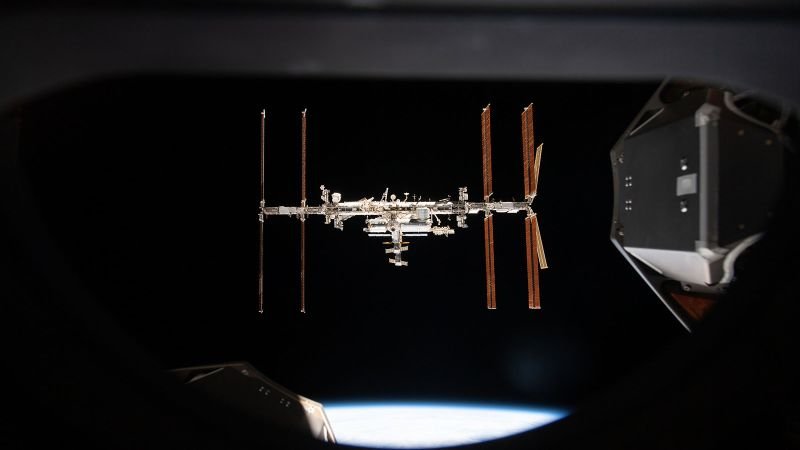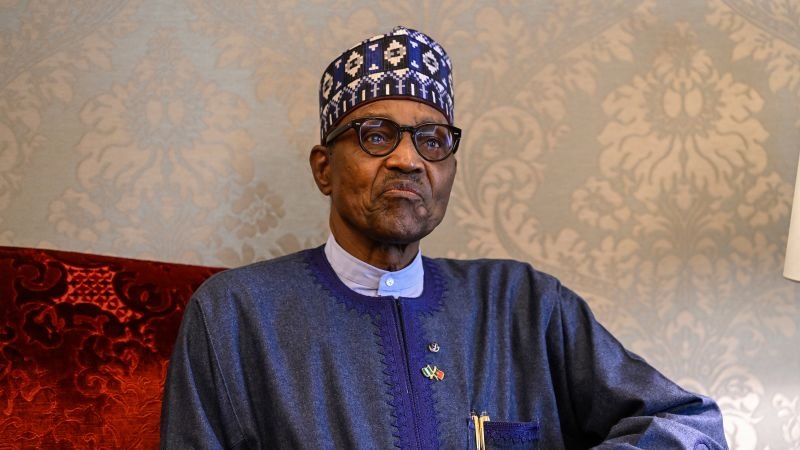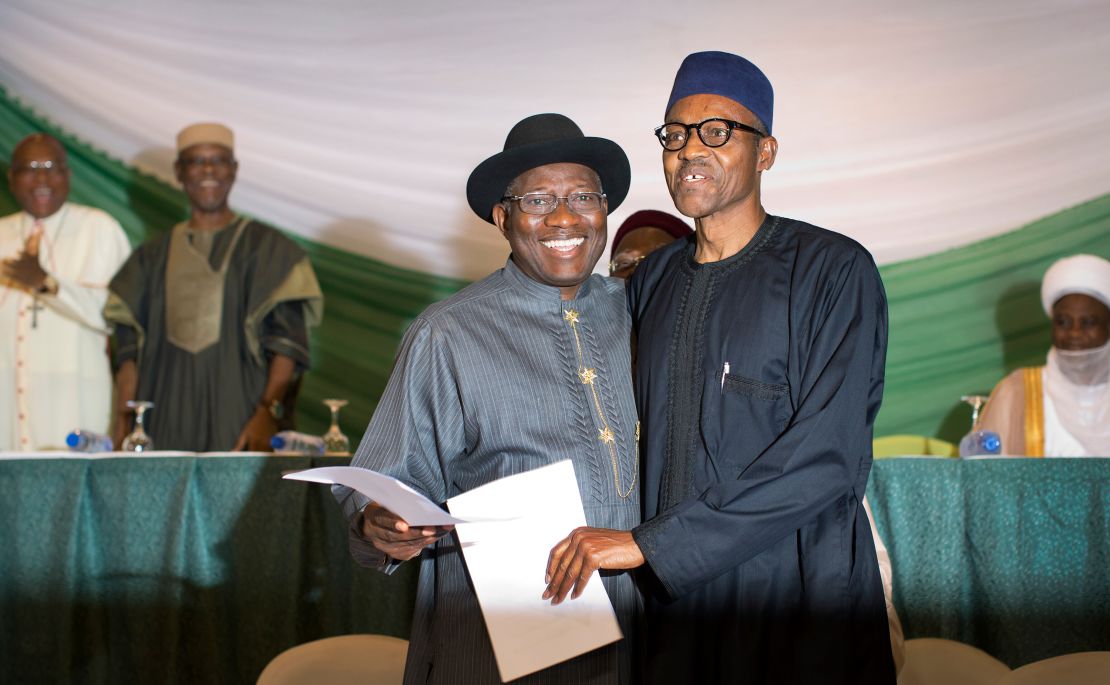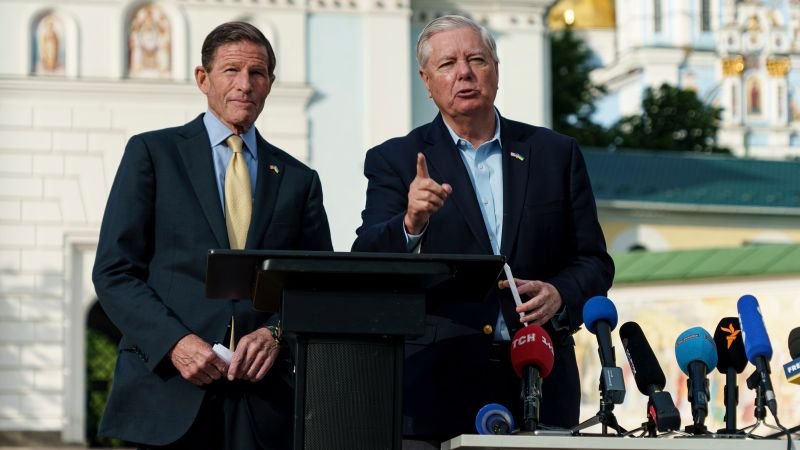CNN
—
A private astronaut mission that just took flight has exposed a new twist in a lingering — and potentially dangerous — issue at humanity’s most frequently visited destination in space.
Axiom Space Mission 4, or Ax-4, lifted off from NASA’s Kennedy Space Center in Florida at 2:32 a.m. ET Wednesday after an extended delay triggered by tests related to leaks plaguing the International Space Station.
For years, air has been slowly leaking out of a Russia-controlled module that typically remains sealed off from the rest of the space station. Recently, however, station operators realized the gradual, steady leak had stopped. And that raised an even larger concern.
It’s possible that efforts to seal cracks in the module’s exterior wall have worked, and the patches are finally trapping air as intended. But, according to NASA, engineers are also concerned that the module is actually holding a stable pressure because a new leak may have formed on an interior wall — causing air from the rest of the orbiting laboratory to begin rushing into the damaged area.
Essentially, space station operators are worried that the entire station is beginning to lose air.
Much about this issue is unknown. NASA revealed the concerns in a June 14 statement. The agency said it would delay the launch of the private Ax-4 mission, carried out by SpaceX and Houston-based company Axiom Space, as station operators worked to pinpoint the problem.
“By changing pressure in the transfer tunnel and monitoring over time, teams are evaluating the condition of the transfer tunnel and the hatch seal,” the statement read.
More than a week later, the results of that research are not totally clear. After revealing the new Wednesday launch target Monday night, NASA said in a Tuesday statement that it worked with Roscosmos officials to investigate the issue. The space agencies agreed to lower the pressure in the transfer tunnel, and “teams will continue to evaluate going forward,” according to the statement.
NASA deferred further comment on the leak problem to the Russian space agency, Roscosmos, which did not reply to a list of emailed questions.
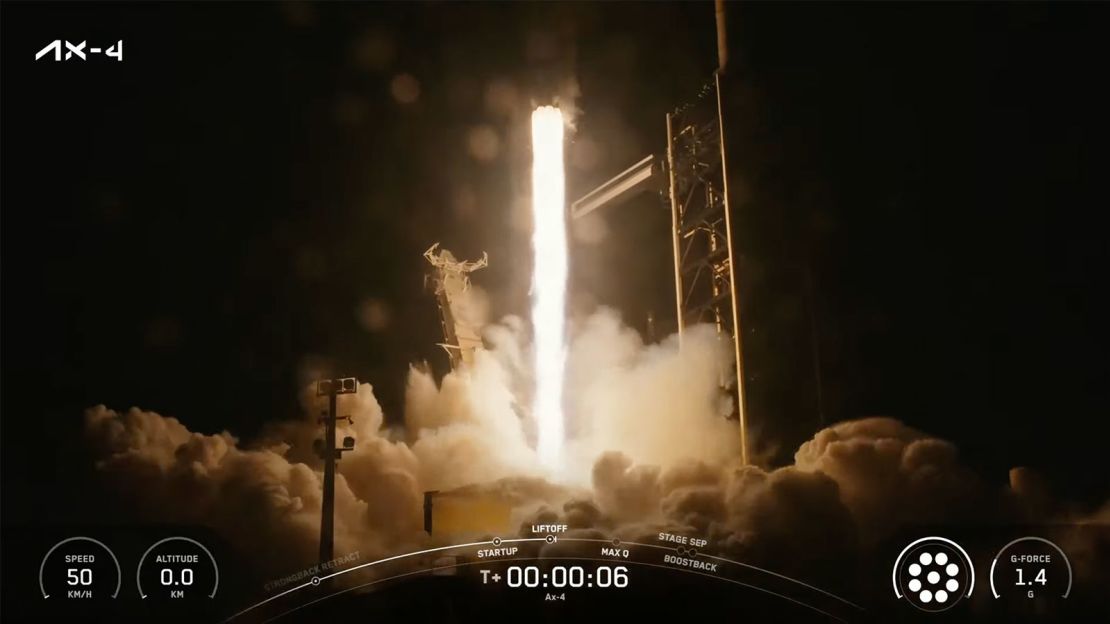
The leaks, first identified in 2019, are located in a tunnel that connects a Russian module called Zvezda to a docking port that welcomes spacecraft carrying cargo and supplies.
The cracks are minuscule and mostly invisible to the naked eye, hence the difficulty attempting to patch problem areas.
The situation gained new urgency last year when the leak rate hit its highest reading yet. And it became clear that technical teams in the United States and Russia did not see eye to eye on what exactly might be causing the problem, according to Bob Cabana, chair of NASA’s ISS Advisory Committee, during a November meeting on the issue.
“The Russians believe that continued operations are safe — but they can’t prove that to our satisfaction,” Cabana added. “And the US believes that it’s not safe, but we can’t prove that to the Russian satisfaction.”
Neither NASA nor Roscosmos responded to requests for comment last week about how they currently evaluate the safety risk of the leaks.
As NASA and Roscosmos attempted to sort through the issue, the four crewmates now flying on Ax-4 remained locked in quarantine in Florida for about a month, waiting for their chance to launch.
The private mission includes decorated former NASA astronaut Peggy Whitson, who is now an Axiom Space employee, as well as three spaceflight novices who will become the first from their respective countries to visit the space station: Shubhanshu Shukla of India, Sławosz Uznański-Wiśniewski of Poland and Tibor Kapu of Hungary.
The group is expected to be in space for about two weeks, helping to carry out roughly 60 science experiments before returning home.
It’s not yet clear whether — or how — the leaking Zvezda transfer tunnel could affect broader operations on the space station.
While privately funded missions to the space station such as Ax-4 are fairly rare occurrences, NASA and Roscosmos routinely send up rotating crews of astronauts and cosmonauts to keep the space station staffed.
Crew-11, which will mark the 12th crew rotation mission that SpaceX carries out on NASA’s behalf, is currently slated to take off as soon as July.
That crew includes NASA astronauts Zena Cardman and Mike Fincke; Japan Aerospace Exploration Agency astronaut Kimiya Yui; and Roscosmos cosmonaut Oleg Platonov. They are on track to spend about six months in space, as is typical for staffing missions.
Sign up for CNN’s Wonder Theory science newsletter. Explore the universe with news on fascinating discoveries, scientific advancements and more.

